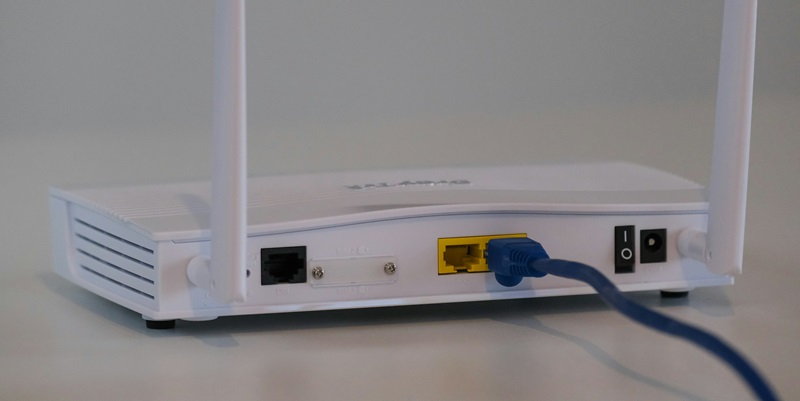In today’s tech-driven world, a reliable internet connection is as vital as any utility in a home. Yet, there is often confusion between the devices that keep us online—modems and routers. Although they are sometimes mistakenly viewed as the same, they each have unique and crucial roles in our connectivity. A modem connects your home network to the internet, while a router allows multiple devices to join that network, often providing wireless access. This distinction is important to understand as our dependency on the internet grows and as technology continues to advance. Recognizing and correctly using these devices can significantly affect our online experience. It’s important, therefore, to clarify that modems and routers are not interchangeable but complementary devices that work together to connect us to the vast digital universe.
Unveiling the Modem: Your Gateway to the Internet
The modem stands as the initial point of contact between your home network and the Internet Service Provider (ISP). Denoted by the acronym that stands for “modulator-demodulator,” the modem’s chief task is to convert the data from your ISP’s network into a form that is comprehensible and usable by your devices. In the earliest days of the internet, modems converted analog signals into digital data for computers. Today, they act as a bridge between the Ethernet network and the cable or DSL connection provided by your ISP. Connection types have diversified, with DSL modems using telephone lines without interrupting voice service, cable modems utilizing the same lines that deliver cable TV, and satellite modems connecting through satellite dishes, often in rural areas where other connections are impractical.
Routers: The Traffic Directors of Your Local Network
A router is essential for distributing internet access from your modem to various devices. It serves as a traffic coordinator, ensuring the data is routed efficiently within your local network. Routers assign unique local IP addresses to each connected device, enabling a seamless and secure exchange of information. They do more than merely manage traffic – modern routers provide network protection with integrated firewalls and often come with extra features such as guest networking and parental controls. Furthermore, for those needing to connect securely to different networks from afar, many routers include VPN support. This feature is crucial for protecting sensitive data when it needs to traverse public networks. Thus, routers play a critical role not just in connecting us to the internet but also in safeguarding our digital information and providing tools for better network management.
The All-In-One Solution: Gateway Devices
For most home users, dealing with separate devices can seem daunting. This is where gateway devices step in, conveniently merging the modem and router into a single piece of hardware. These combo units simplify the otherwise complex setup and ongoing maintenance and benefit from direct support and updates from ISPs. However, this simplicity comes at the cost of upgrade flexibility. As individual components may become obsolete at different rates, users with a combined device may have to replace the entire system to update either the router or modem functionality, often leading to higher costs and unnecessary waste.
The Case for Separate Devices: Modem and Router Independence
Keeping your modem and router as distinct devices has several practical benefits. Firstly, it allows you the freedom to update individual components as needed, offering both a cost-effective strategy and access to the latest technology without a full-system overhaul. For example, with the advent of a new Wi-Fi standard, you can simply switch out the router. Moreover, separate devices ensure adaptability with future internet services, like those provided via fiber optics, which require different modems. This approach could save you from frequent, potentially unnecessary expenditures because you can replace or upgrade hardware piece by piece. So, when technology inevitably marches forward, your network setup can easily march along with it, providing you the advantage of continuity, up-to-dateness, and financial savings. This strategy is particularly smart when considering the longevity and performance you could gain from your internet equipment.
Technological Progress and Consumer Choices
As the tech world advances rapidly, consumers face complex decisions when choosing home network hardware. The dilemma of whether to rent network devices from an ISP or to purchase them has various factors to consider. Renting can offer ease with consistently updated hardware, while owning allows for customization and can be more economical over time. The considerations include handling device obsolescence, weighing ongoing costs, and a preference for cutting-edge technology. Renting ensures maintained ISP support and the guarantee of up-to-date functionality. Conversely, purchasing equipment offers more control and adaptability in a fast-changing internet tech environment. Those deciding will need to balance the steady, streamlined experience of ISP rental against the dynamic potential and savings that ownership could provide as internet technologies evolve.

